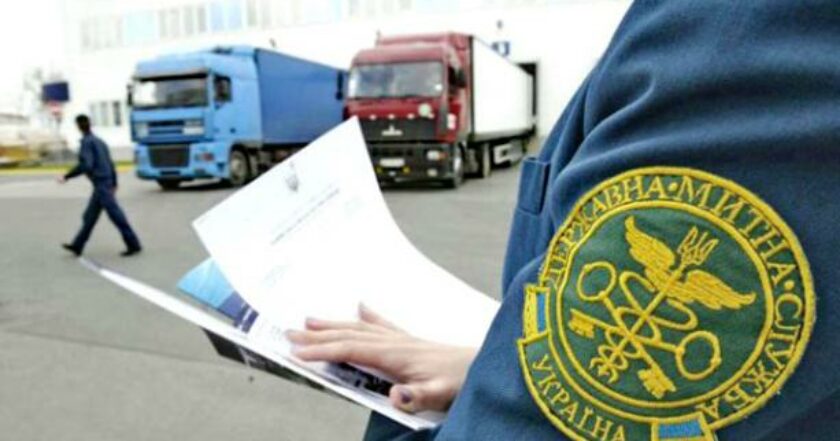Ukraine to digitize customs to combat corruption and fraud

Photo: From open sources
Ukraine's Ministry of Finance has approved the long-term national strategic plan for the digitalization of the State Customs Service.
It's a leading document that will develop customs information systems in the coming years, Rubryka reports.
The plan is designed until 2026 and includes implementing cybersecurity principles, introducing paperless procedures, and building reliable and modern IT systems for customs.
The finance ministry noted that the defined changes will provide the IT system of Ukrainian customs with the necessary tools to combat corruption and fraud.
The document was developed in the context of Ukraine's accession to the European Union and the Association Agreement to align customs processes with European standards. Ukraine paid special attention to meeting all the requirements for future integration into EU systems.
The National Digitalization Plan for the Ukrainian customs is based on the Multi-annual Strategic Plan for Electronic Customs of the EU (MASP-C). The EU4PFM team provided expert support in preparation.
According to the Ministry of Finance, the basis of this IT strategy includes a service-oriented architecture, centralized implementation of the ECS, a harmonized interface, and a Single Window for international trade.
The document pays particular attention to introducing cybersecurity principles, including recording and tracking the history of requests for data changes, protecting against unauthorized access to information, and preventing changes or loss of data logs or changes to information and documents provided by users using a qualified electronic signature.
The Ministry of Finance said that during the IT transformation, the State Customs Service will use business process management and BPM modeling to better understand customs processes and how they affect the law in Ukraine and the EU.
The State Customs Service has outlined a phased approach to electronic customs:
- Business analysis, policy, and legal documentation;
- Creation of technical specifications for the system;
- Development and implementation of the system.
From November 7 this year, the conditions of customs control and clearance of both imports and exports have changed. Now, it is mandatory to present goods and commercial vehicles under a customs declaration to the customs authority for clearance.
From December 1, 2023, Alternative Rules of Origin are being introduced at the bilateral level between Ukraine and the European Union.
Ukraine will introduce five key measures to strengthen customs authorities as part of the administrative reform of the State Customs Service.
The State Customs Service has begun implementing the recommendations of the technical pilot project for post-customs control.























































